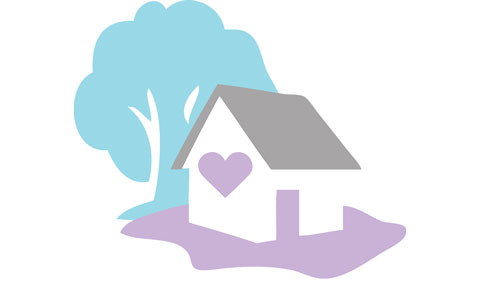
Stalking
Stalking is defined as a pattern of behavior directed at a specific person that would cause a reasonable person to feel fear. According to the Stalking Resource Center, 7.5 million people are stalked in the United States each year. Stalking takes many forms, such as: physically following their victims; using phones, the U.S. Postal Service, couriers, and even florists to track their victims; bombarding their victims with instant messages; photographing victims with hidden cameras; installing surveillance software on a victim’s computers; and/or using global positioning systems (GPS) to track victims in their cars.
Though all genders can be victims of stalking, young women between the ages of 18 and 24 are the most likely to experience it. Stalking most often occurs in an intimate or former intimate relationship, so most survivors know their stalker. 61% of female victims and 44% of male victims are stalked by current or former intimate partners.
Ultimately, the goals of stalking are to track or control the survivor, to isolate the survivor from supportive friends and family, and/or to damage the survivor’s credibility or work-life.
How Can I Be Sure It’s Stalking?
If you are wondering whether your situation is stalking, consider the following questions.
- Do they show up and you don’t know how they found you?
- Do they know information about you and you don’t know how they found out?
- Do they stop by unannounced, and they often do it when you already told them you had plans?
- Do they call or text you frequently or when you do not want them to?
- Do they monitor activity on your phone, social media, or computer?
- Do you find notes left on your car or at/in your home or workplace?
If you answered “yes” to even one of these questions and you want to talk to an advocate, call CARDV at 541-754-0110. All calls are confidential and will not be shared with anyone.
Tips if you are experiencing stalking through technology or social media:
- Save all emails, messages, and other communications for evidence. Print copies, but also keep the originals. It is important the electronic copies of emails, voicemails, tweets, etc. are not altered in any way.
- Save all records of threats to your safety. This includes all written and recorded threats. Make sure to also log the date, time, and circumstances surrounding the threat.
- Find the IP address. If you are receiving abusive emails and don’t know where they are coming from, find out how to obtain the originating IP address, and provide this information to authorities along with the rest of your documentation.
- Clearly state that you do not want them to contact you, and then stop engaging.
- Have a personal safety network of friends and family, and make sure they are aware of your situation.
- Get in contact with local authorities and look into a protection order.
For more information technology abuse and stalking, please see one of the multiple online toolkits listed below:
Toolkit for Staying Safe on Facebook
Toolkit for Staying Safe on Twitter
Other Resources:
Victims of Crime Stalking Resource Center

